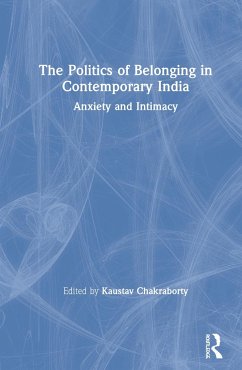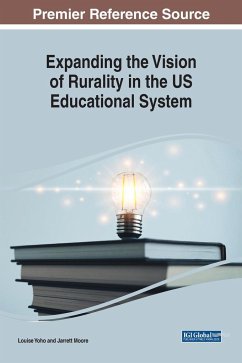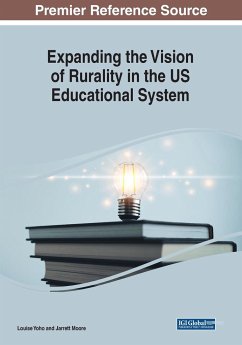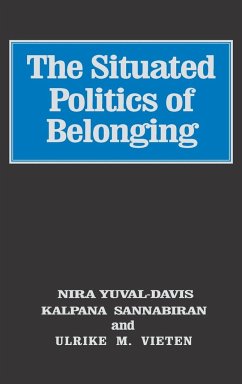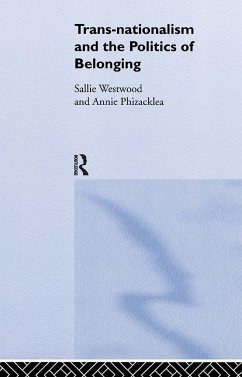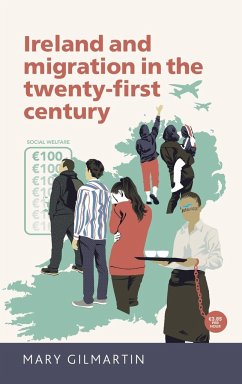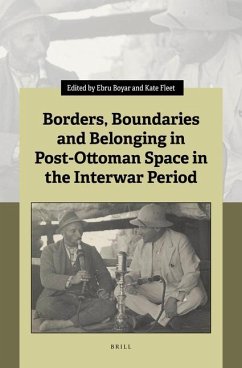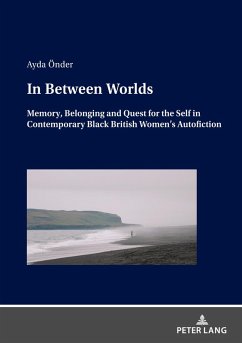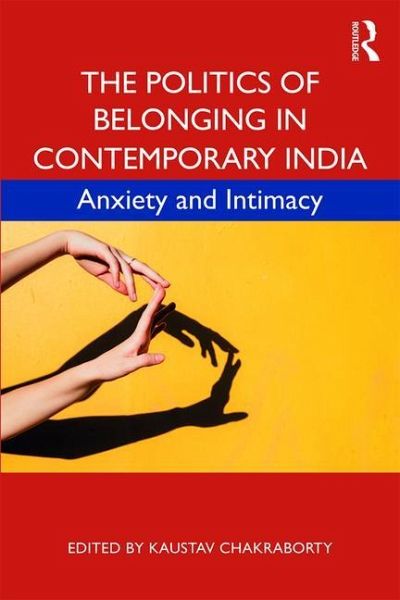
The Politics of Belonging in Contemporary India
Anxiety and Intimacy
Herausgeber: Chakraborty, Kaustav
Versandkostenfrei!
Versandfertig in 1-2 Wochen
55,99 €
inkl. MwSt.

PAYBACK Punkte
28 °P sammeln!
This volume looks at the emerging forms of intimacies in contemporary India. Drawing on rigorous academic research and pop culture phenomenon, the book will be useful to scholars and researchers of political studies, sociology, sexuality and gender studies, women studies, cultural studies, and minority studies.





